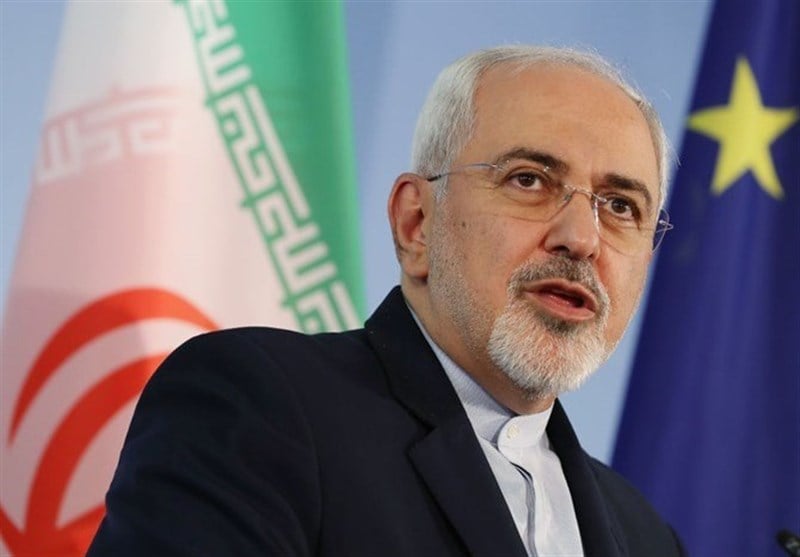Speaking in Vienna on Friday evening, Zarif briefed reporters on the topics discussed in the ministerial meeting of the joint commission of the Joint Comprehensive Plan of Action.
Hailing the “serious and constructive” negotiations, Zarif said a final statement from the JCPOA joint commission, read out by EU Foreign Policy Chief Federica Mogherini at the conclusion of the talks, should come with “practical measures.”
“What matters now is that what has been mentioned as commitments and actions, which have not been necessarily made public in full, must be put into practice so that we could see its benefits,” Zarif noted.
As regards the EU efforts to update its “Blocking Statute” in order to protect European companies from US sanctions, Zarif said such exemptions must become operational before the implementation of the US sanctions against Iran.
Reiterating Iran’s commitment to the nuclear deal, Zarif added, “Under the JCPOA, we are allowed to take our own measures in response to the US breach if the country’s interests are not met.”
He also noted that the proposed plans for saving the JCPOAS will be relayed to Tehran, so that the senior authorities will make decisions on the issue.
“My conclusion was that all JCPOA parties indicated commitment in the meeting… to the political will to stand against such American move (to withdraw from the deal),” Zarif noted, saying he thinks the operational methods proposed in the Friday meeting seem to be “practical”.
On May 8, the US president pulled his country out of the JCPOA, which was achieved in 2015 after years of negotiations among Iran and the Group 5+1 (Russia, China, the US, Britain, France and Germany).
Following the US exit, Iran and the remaining parties launched talks to save the accord.
Meanwhile, Leader of the Islamic Revolution Ayatollah Seyed Ali Khamenei has underlined that any decision to keep the JCPOA running without the US should be conditional on “practical guarantees” from the Europeans.
